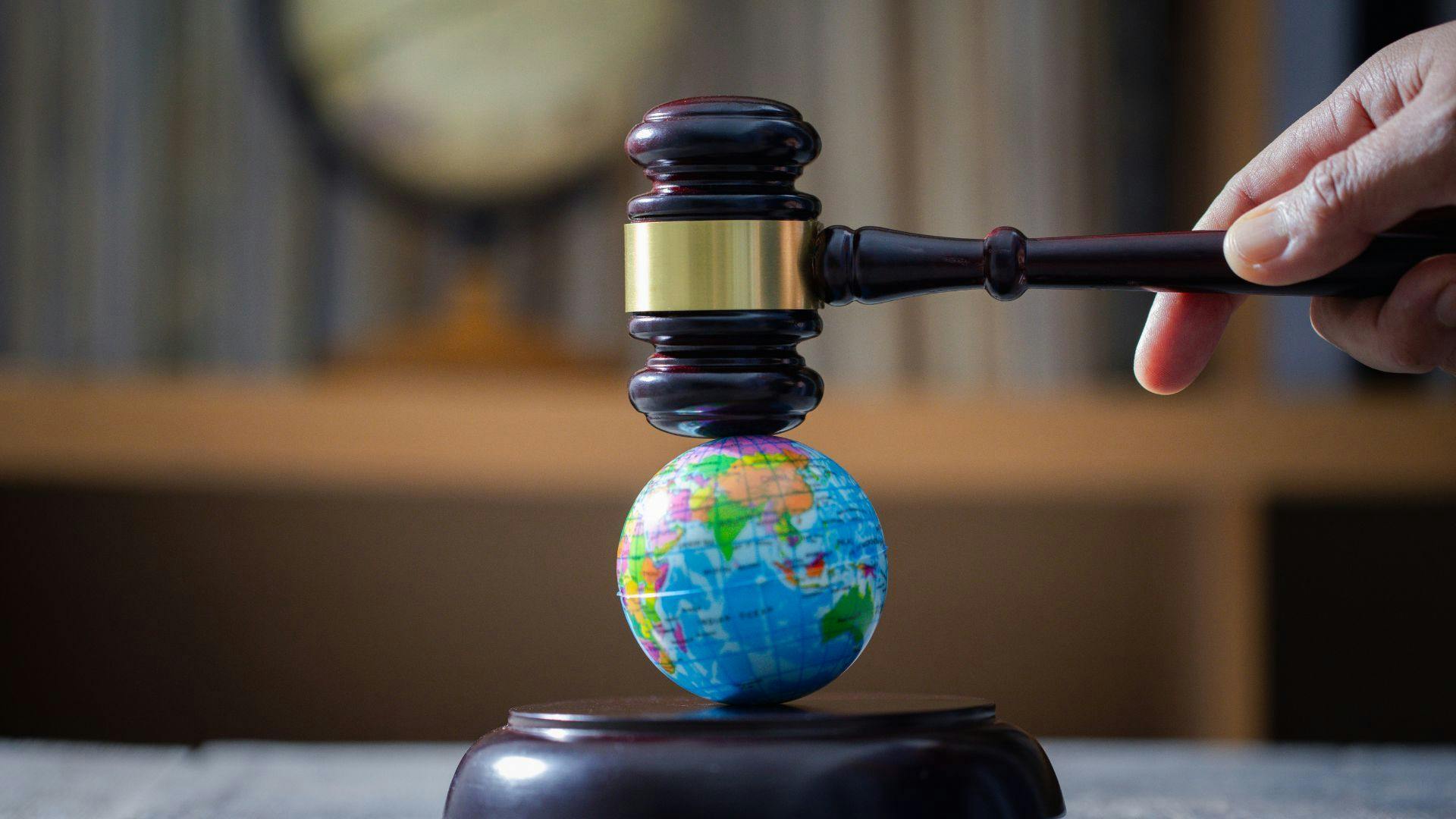Introduction
The phrase "rule of law" is often tossed around in political discourse and legal studies, but what does it truly mean? Understanding the rule of law is crucial for both the layman and the professional, as it touches on principles that underpin the very foundation of democratic governance and international human rights. This blog post aims to explore the nuances of the rule of law, its relationship with an independent judiciary, and the systems that enforce it.
Definition of Rule of Law
According to the World Justice Project, the rule of law is defined as a system in which the following four universal principles are upheld:
- Accountability: No one is above the law, including government officials and agencies.
- Just Laws: Laws must be clear, publicly promulgated, stable, and protect fundamental rights.
- Open Government: Processes by which laws are enacted, administered, and enforced are accessible and fair.
- Accessible & Impartial Dispute Resolution: Justice is delivered by competent, ethical, and independent representatives who are accessible, and procedurally fair.
Role of the Independent Judiciary
An independent judiciary is vital in upholding the rule of law. In this context, "independent" means that the judiciary can make decisions free from influence or pressure from the government or other outside bodies. This independence ensures that laws are interpreted and applied impartially, in line with procedural fairness and international human rights standards.
Enforcement of the Rule of Law
For the rule of law to be effective, there must be mechanisms to enforce it. This is usually done through a system of courts and other judicial bodies that have the authority to interpret the law. They also have the power to enforce their rulings through various means, such as fines, imprisonment, or other forms of legal penalties.
Importance of Publicly Promulgated Laws
For citizens to follow the law, they must first understand what the law is. This is why it is essential for laws to be publicly promulgated, or made known to the public in a clear and straightforward manner. When laws are easily accessible and understandable, people are more likely to adhere to them, thereby upholding the rule of law.
International Perspective
The rule of law is not just a concept that exists within the borders of individual countries; it is a principle recognized in international human rights law. Various international bodies, including the United Nations, uphold the rule of law as a fundamental principle that all countries should strive to achieve.
Conclusion
Understanding the rule of law is essential for any functioning democracy and for the protection of human rights globally. Its principles are upheld through an independent judiciary and enforced through publicly promulgated laws and regulations. By adhering to these tenets, societies can aspire to be more just, equitable, and free.
By comprehensively understanding these facets, one gains not just legal knowledge but also the intellectual tools to engage in more informed debates on governance and rights. The rule of law is more than a phrase; it's a guiding principle for fair governance and societal equality.
